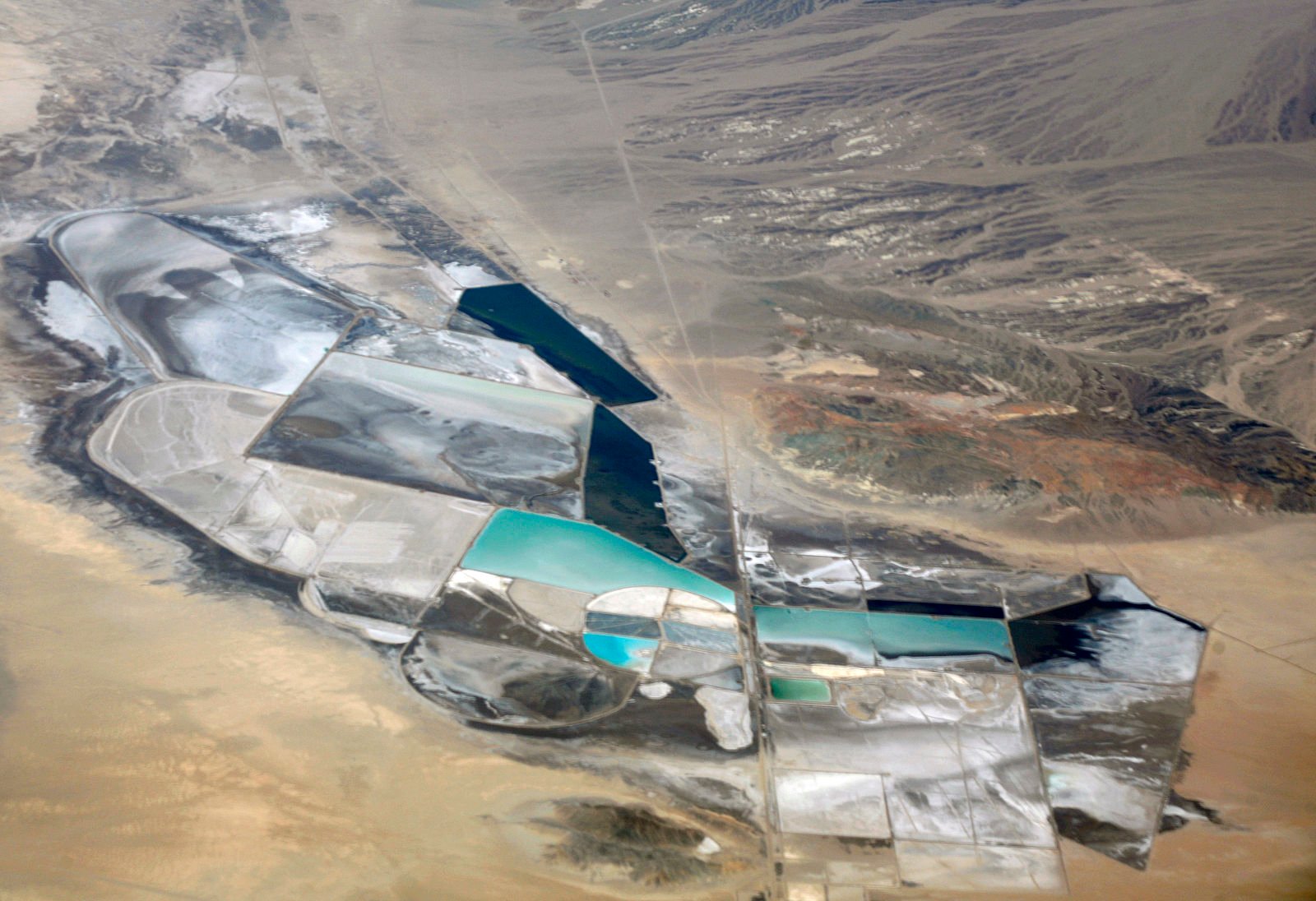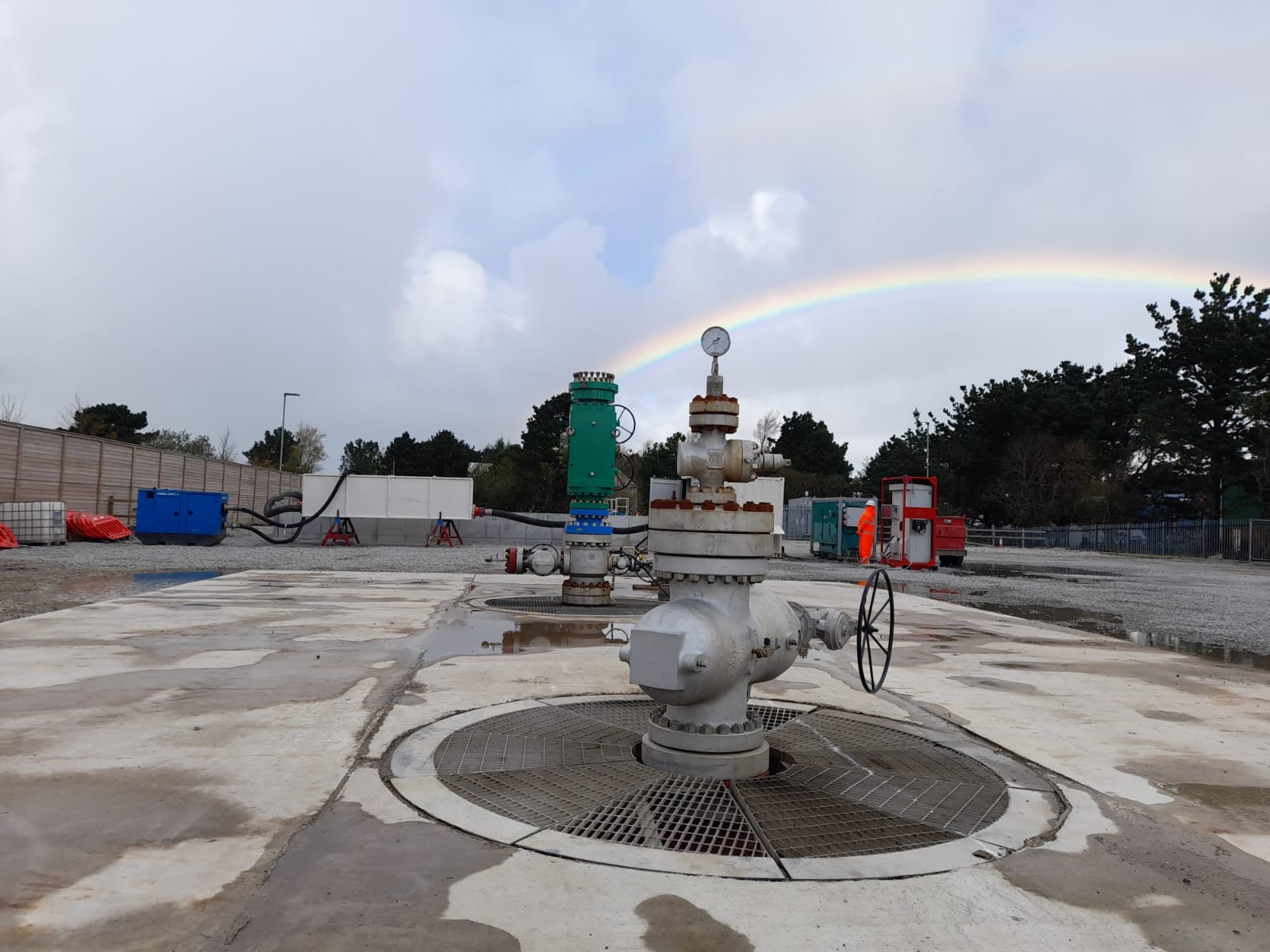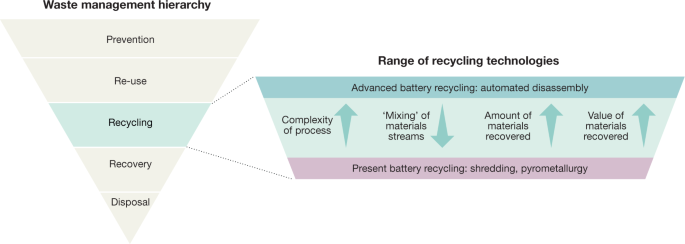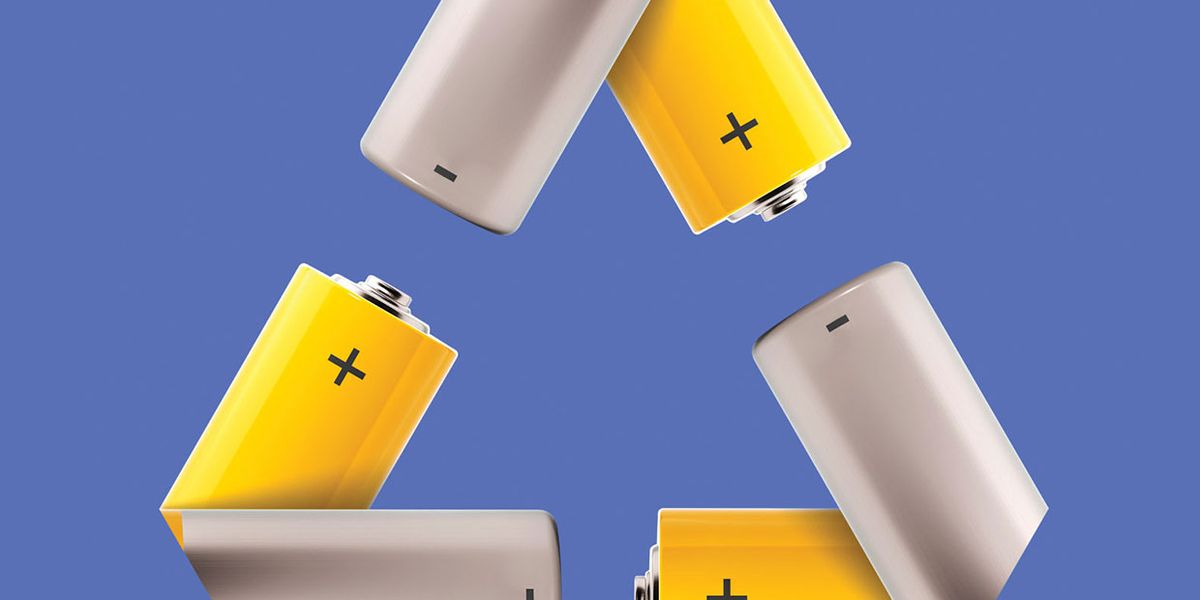Old Rocks
Diamond Member
Cornwall in England is one of the richest mineralized areas on Earth. It has been mined for thousands of years for tin and copper. Now it may well become a major source of lithium.
Follow along with the video below to see how to install our site as a web app on your home screen.

Note: This feature currently requires accessing the site using the built-in Safari browser.
What I love about you "Conservatives". you don't even read or watch a presentation and think you know all about it from the title. Regular room temperature IQ's proving their Dunning-Kruger status. The mineral extraction method they are pursuing has almost zero environmental footprint.You really fool enough to believe that the limey greenie moonbats are going to allow lithium mining?
I live near mining country in Minnesota, dumbfuck....The greenie crackpots -like you- don't give a single flying fuck about how environmentally sensitive the mining operation is...Like you, they're fucking cultists who want NO mining at all.What I love about you "Conservatives". you don't even read or watch a presentation and think you know all about it from the title. Regular room temperature IQ's proving their Dunning-Kruger status. The mineral extraction method they are pursuing has almost zero environmental footprint.
You really fool enough to believe that the limey greenie moonbats are going to allow lithium mining?
I watched it. . . and the process seems to match what is laid out in this environment impact.What I love about you "Conservatives". you don't even read or watch a presentation and think you know all about it from the title. Regular room temperature IQ's proving their Dunning-Kruger status. The mineral extraction method they are pursuing has almost zero environmental footprint.

The Flaming Moonbats might be sold on the idea if you point out that Lithium is something that can't be patented as its an element on the periodic chart.
And its usage among the Nutball population would take money out of Big Pharm's pockets by theoretically reducing the demand for other medicines like Haldol and Thorazine that they market.
Damn, just when you think that they don't come any stupider. You think that you are the only person familiar with mining methods? Quite frankly, you don't know squat about mining. And you are flapping yap about a process you did not even bother to learn about. Just have to put you down as another willfully ignorant ass.I live near mining country in Minnesota, dumbfuck....The greenie crackpots -like you- don't give a single flying fuck about how environmentally sensitive the mining operation is...Like you, they're fucking cultists who want NO mining at all.
You did not listen to it at all. They pump the water back down into the host rock. And the method they use has nothing in common with the methods in use in South America. Here is a more complete description of the process. You could easily have looked it up, instead of flapping yapp and demonstrating your ignorance, and your stupid ass insertion of political views into processes that have nothing to do with politics.I watched it. . . and the process seems to match what is laid out in this environment impact.
It goes through A LOT of water, and the video, because it is an industry sales pitch, of course it did not clarify where the toxic waste product of the mining is to be put. Nor did it comment on the toxicity of the chemical catalysts used.
You are either a shill, or very stupid.

The Environmental Impact of Lithium Batteries
During the Obama-Biden administration, hydraulic fracturing was accused of causing a number of environmental problems—faucets on fire, contamination of drinking…www.instituteforenergyresearch.org
Processing of Lithium Ore
The lithium extraction process uses a lot of water—approximately 500,000 gallons per metric ton of lithium. To extract lithium, miners drill a hole in salt flats and pump salty, mineral-rich brine to the surface. After several months the water evaporates, leaving a mixture of manganese, potassium, borax and lithium salts which is then filtered and placed into another evaporation pool. After between 12 and 18 months of this process, the mixture is filtered sufficiently that lithium carbonate can be extracted.
South America’s Lithium Triangle, which covers parts of Argentina, Bolivia and Chile, holds more than half the world’s supply of the metal beneath its salt flats. But it is also one of the driest places on earth. In Chile’s Salar de Atacama, mining activities consumed 65 percent of the region’s water, which is having a large impact on local farmers to the point that some communities have to get water elsewhere.
As in Tibet, there is the potential for toxic chemicals to leak from the evaporation pools into the water supply including hydrochloric acid, which is used in the processing of lithium, and waste products that are filtered out of the brine. In Australia and North America, lithium is mined from rock using chemicals to extract it into a useful form. In Nevada, researchers found impacts on fish as far as 150 miles downstream from a lithium processing operation.
Lithium extraction harms the soil and causes air contamination. In Argentina’s Salar de Hombre Muerto, residents believe that lithium operations contaminated streams used by humans and livestock and for crop irrigation. In Chile, the landscape is marred by mountains of discarded salt and canals filled with contaminated water with an unnatural blue hue. According to Guillermo Gonzalez, a lithium battery expert from the University of Chile, “This isn’t a green solution – it’s not a solution at all.”

You did not listen to it at all. They pump the water back down into the host rock. And the method they use has nothing in common with the methods in use in South America. Here is a more complete description of the process. You could easily have looked it up, instead of flapping yapp and demonstrating your ignorance, and your stupid ass insertion of political views into processes that have nothing to do with politics.

Set up of lithium extraction test site completed in Cornwall, UK
Cornish Lithium has successfully set up its direct lithium extraction (DLE) test site to derive lithium from geothermal waters produced on site of the United Downs Deep Geothermal Project in Cornwall, UK.www.thinkgeoenergy.com

LOL Getting your ass kicked on one subject, so you change the subject. OK, I like that subject. It is a huge opportunity for some enterprising person, provided Tesla doesn't beat everyone to the feeding trough. So, here is some information on that, with the caveat that in this industry, any news that is over three months old, is old news.. . . and where is the battery reclamation?


And more;. . . and where is the battery reclamation?


 spectrum.ieee.org
spectrum.ieee.org
But the moonbats need lithium to function in society.You really fool enough to believe that the limey greenie moonbats are going to allow lithium mining?